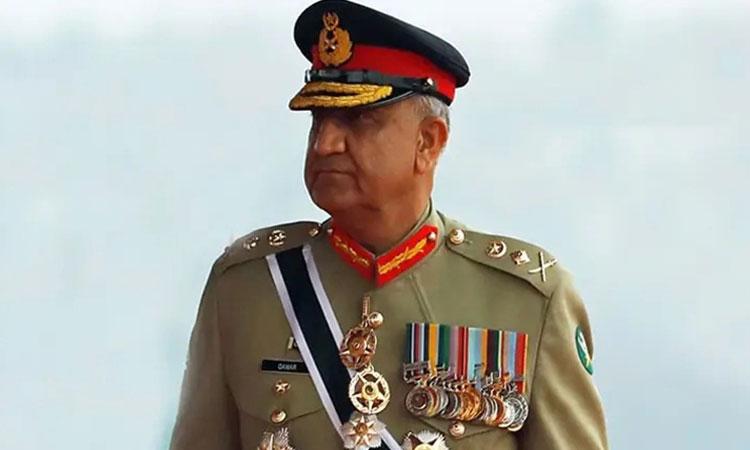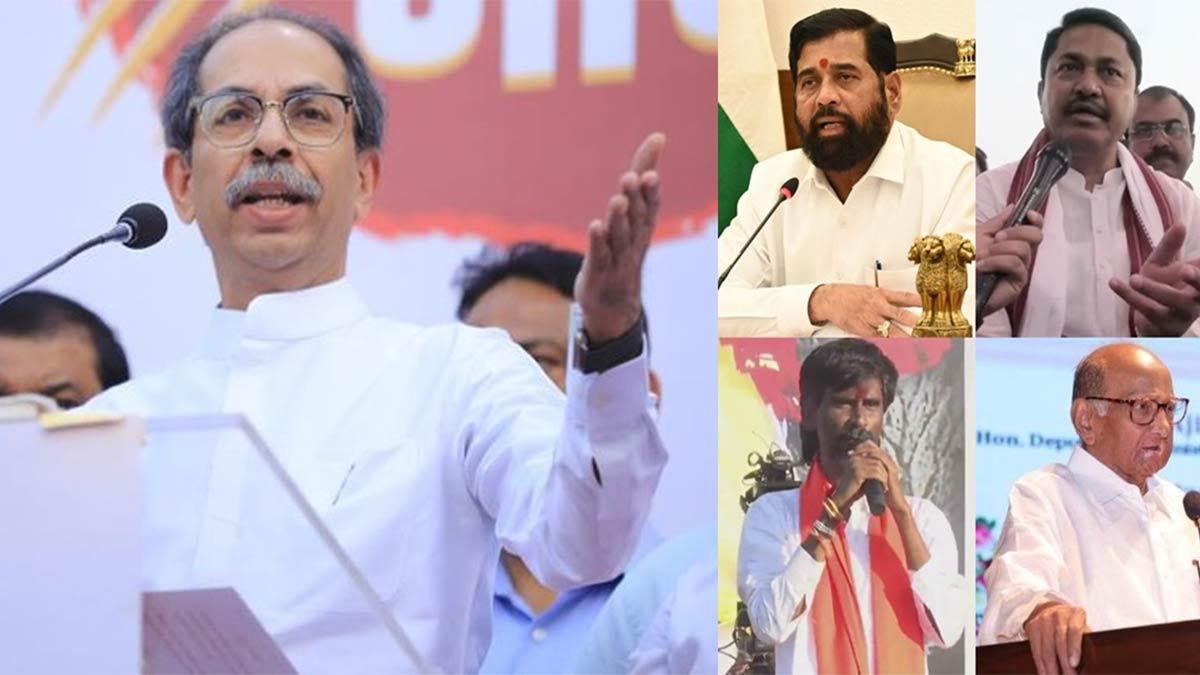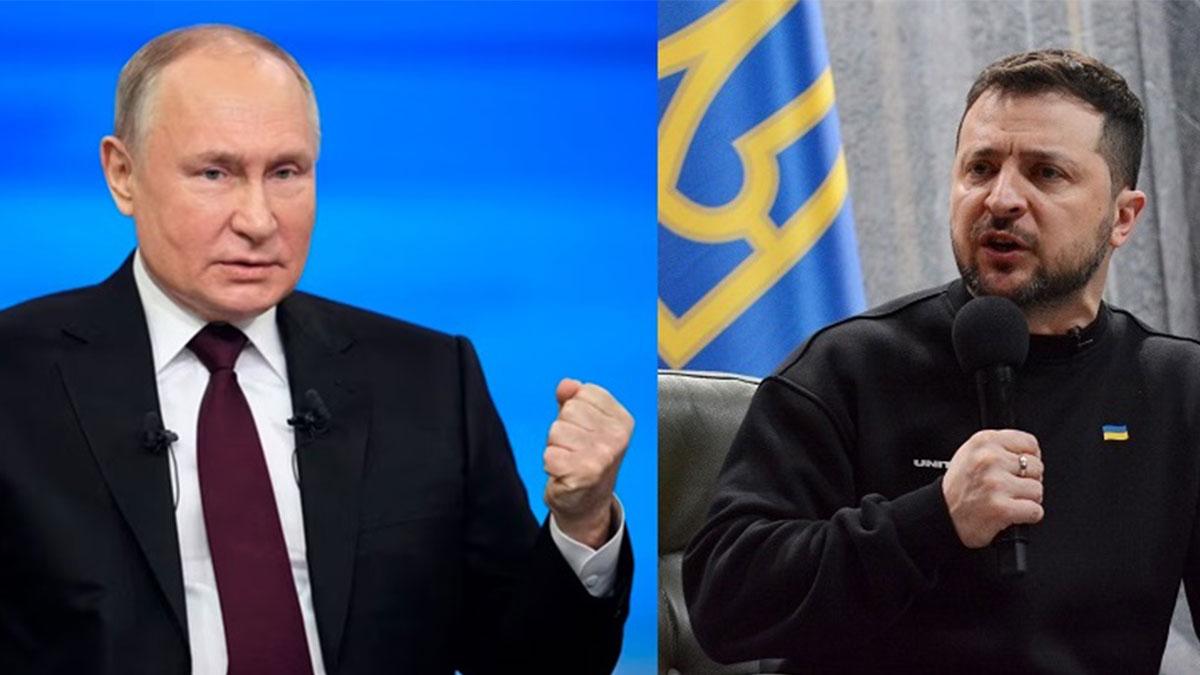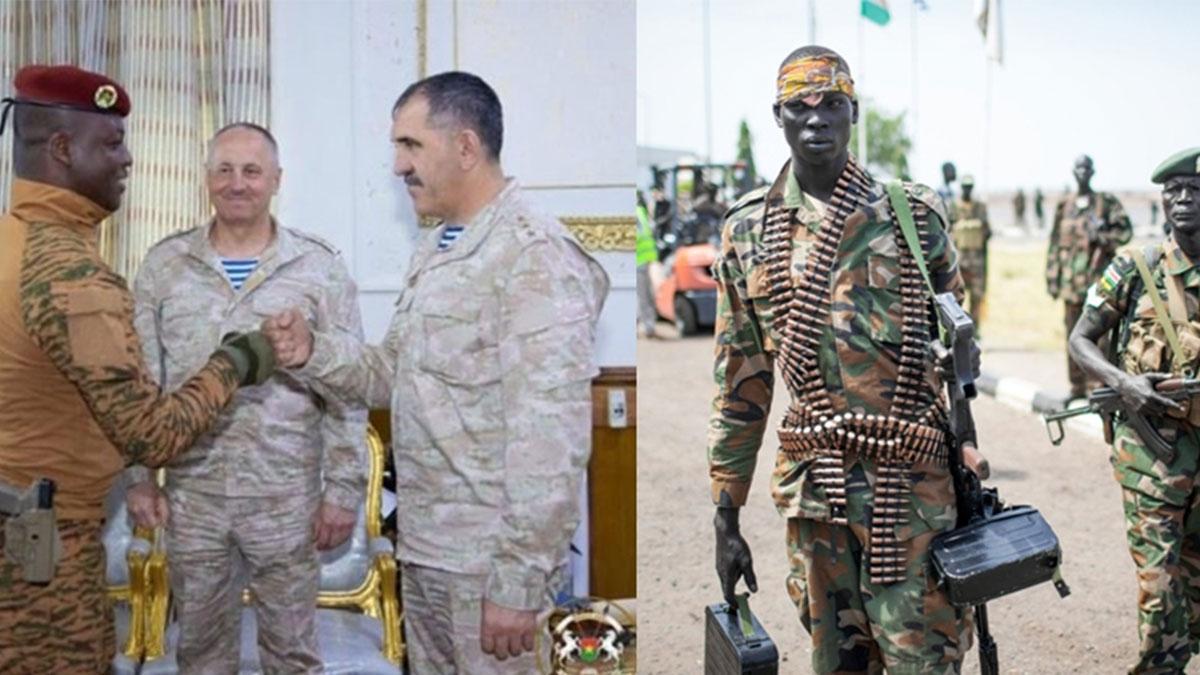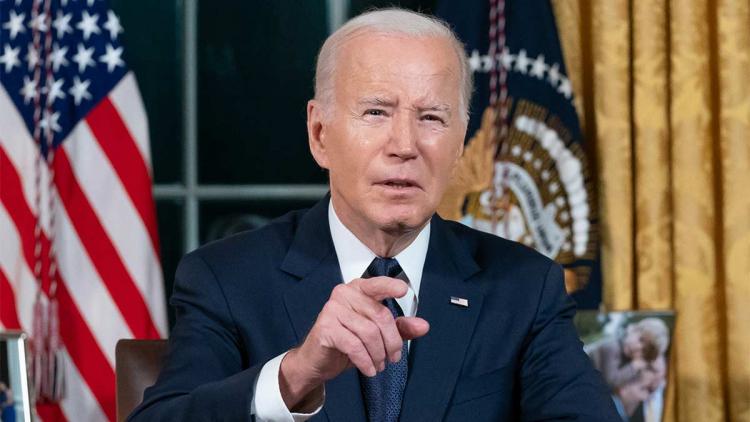Pakistan's Army needs to take a large chunk of the blame for ruining the country's economy. Last year, former Army Chief, General Qamar Javed Bajwa officially admitted that the military has been meddling in politics for decades.
"In my opinion, the reason for this is the constant meddling by the army in politics for the last 70 years, which is unconstitutional," he said, adding that the crumbling economic situation must be taken as a lesson and all stakeholders need to work together to safeguard the country's interest. Last year in November General Asim Munir took charge as Pakistan's new Army chief.
But evidently, lessons have not been learnt.
Also read | Pakistan Army chief vows to bring all involved in May 9 vandalism to book
The recent arrest of former Prime Minister Imran Khan, who soured his relations with the powerful military has once again led to intensifying political turmoil in the country, which is staring at a default. The political crisis will dent the economy further.
While Islamabad is currently in talks with the International Monetary Fund for a $6.5 billion bailout package, the two have not yet come to an agreement despite negotiations dragging on for months.
The business community now fears that the multilateral lender may leave its stamp on the budget slated to be announced on June 9. What has irked the business captains is Pakistan Finance Minister Ishaq Dar's lack of interest in inviting them for talks before framing the budget contours.
Also read | Imran Khan blames Pakistan Army chief for arrest
Without the IMF's financial assistance, Pakistan may not be able to avert a default. But with the deepening political crisis, many fear that the IMF will further arm twist Islamabad before it gives its approval for the loan.
In Pakistan, political crises are nothing new. Fair elections are rare in the county and no prime minister has ever completed his tenure.
"While the much-feared second breakup of Pakistan is not going to happen, the downward descent will accelerate as the poor starve, cities become increasingly unlivable, and the rich flee westwards," an editorial published in local newspaper Dawn said. It also said that running the country is not the economy is not the Army's job.
A decisive role in national politics, whether covert or overt, was sought for personal enrichment of individuals and it has nothing to do with national security, the Dawn noted.
A Brookings research pointed out that political parties in Pakistan directly point to the military's interference in politics, "but only when they are in opposition; when they are in government and enjoy that support, they do little to challenge it."
"This was true of Khan's party when it was in power, and it is true of Sharif's government now," it said, adding that the interests of the common citizens have always been disregarded and they have continued to pay the price for the country's long history of political instability.

